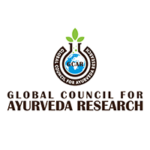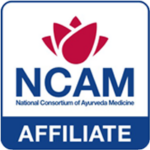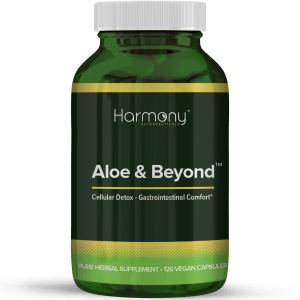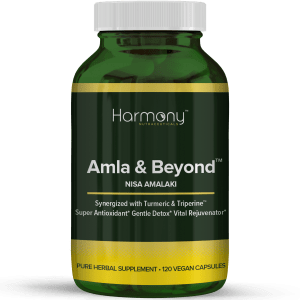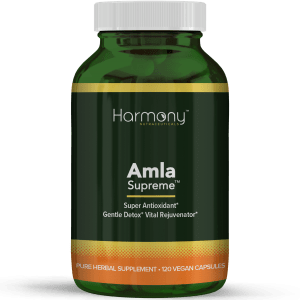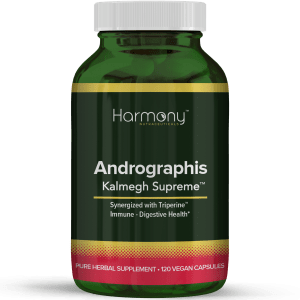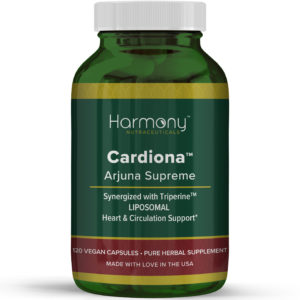What To Know About Ayurveda for Heart Health?
Maintaining a healthy heart is essential for overall well-being, and Ayurveda offers a comprehensive approach to supporting cardiovascular health. With its roots in ancient Indian medicine, Ayurveda emphasizes balancing the body’s energies, or doshas, to prevent and treat various health issues, including heart disease. This article delves into how Ayurveda for heart health can benefit individuals, exploring heart treatment in Ayurveda, ayurvedic treatment for cardiovascular disease, and specific ayurvedic remedies for heart problems.

Understanding Heart Health in Ayurveda
In Ayurveda, the heart is considered the center of vitality and consciousness. It is closely associated with the Sadhaka Pitta, one of the sub-doshas of Pitta, which governs emotions and mental clarity. An imbalance in Sadhaka Pitta can manifest as heart issues, including stress, anxiety, and cardiovascular diseases. Ayurveda also links heart health with the balance of the Vata and Kapha doshas, which influence blood circulation, tissue nourishment, and overall cardiovascular function.
Ayurveda and Heart Health
Ayurveda views heart health through a holistic lens, considering not just the physical symptoms but also the mental and emotional aspects that contribute to cardiovascular well-being. The Ayurvedic approach to heart health involves:
- Balancing Doshas: Ensuring that the Vata, Pitta, and Kapha doshas are in balance to support proper heart function and overall vitality.
- Strengthening Agni: Enhancing digestive fire (Agni) promotes optimal nutrient absorption and prevents the accumulation of toxins (Ama) that could impact heart health.
- Nourishing the Heart: Using specific herbs and dietary practices to support heart tissue and improve circulation.
Ayurvedic Treatments for Heart Health
1. Ayurvedic Diet for Heart Health
A heart-healthy diet in Ayurveda focuses on balancing the doshas and nourishing the heart. Incorporating foods that pacify Pitta and Kapha, while also being light and easily digestible, is essential. Key dietary practices include

Incorporate Cooling Foods:
Foods that calm Pitta, such as cucumbers, melons, and leafy greens, can help manage inflammation and reduce heart-related stress.
Choose Heart-Healthy Spices:
Spices like turmeric, cardamom, and cinnamon can support cardiovascular health by improving circulation and reducing inflammation.
Limit Heavy and Oily Foods:
Reduce the intake of heavy, oily, and processed foods that can aggravate Kapha dosha and contribute to heart problems.
2. Ayurvedic Herbs for Heart Health
Several Ayurvedic herbs are renowned for their benefits in supporting heart health and treating cardiovascular issues. These herbs work by balancing the doshas, enhancing circulation, and providing essential nutrients
Arjuna (Terminalia arjuna)
Arjuna is a primary herb used in Ayurveda for heart treatment. It is known for its cardioprotective properties and ability to strengthen the heart muscle, support blood circulation, and manage hypertension.
Ashwagandha (Withania somnifera):
Known for its adaptogenic properties, Ashwagandha helps reduce stress and anxiety, which are significant contributors to heart disease. It also supports overall vitality and endurance.
Brahmi (Bacopa monnieri)
Brahmi is used to calm the mind and improve mental clarity, which can positively affect heart health by reducing stress and promoting emotional well-being.
Garlic (Allium sativum)
Garlic is praised for its ability to lower cholesterol levels, reduce blood pressure, and improve heart health. It acts as a natural blood thinner and supports cardiovascular function.
3. Ayurvedic Therapies for Heart Health
Ayurveda offers various therapies that can support heart health and address cardiovascular issues:
Abhyanga (Oil Massage)
Regular Abhyanga with heart-nourishing oils, such as sesame oil or coconut oil, helps improve circulation, reduce stress, and promote overall cardiovascular health.
Panchakarma
This detoxification therapy includes procedures like Virechana (purgation) and Basti (enemas), which help eliminate toxins from the body, balance doshas, and rejuvenate the heart.
Yoga and Pranayama
Yoga postures and Pranayama (breathing exercises) can improve circulation, reduce stress, and enhance overall cardiovascular health. Poses like Sarvangasana (shoulder stand) and Viparita Karani (legs-up-the-wall pose) are particularly beneficial for heart health.
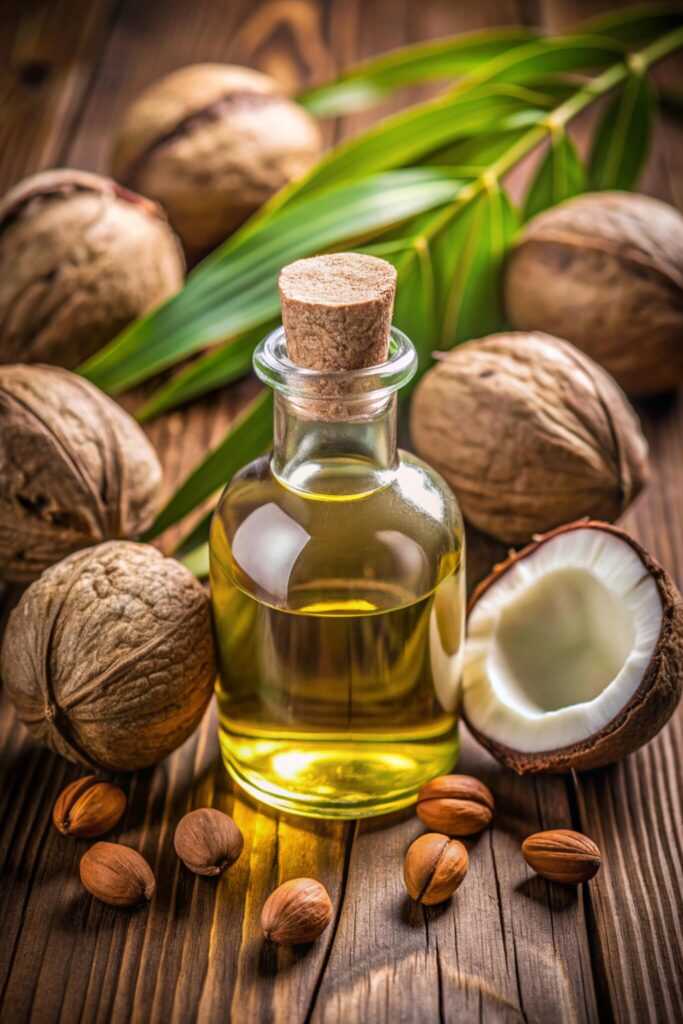
Support your heart naturally with our curated selection of Ayurvedic supplements and remedies designed to enhance circulation and overall cardiovascular function.
Ayurvedic Treatment for Cardiovascular Disease
Ayurvedic treatment for cardiovascular disease involves a combination of dietary modifications, herbal remedies, and lifestyle changes to address the root causes of heart problems and promote overall cardiovascular wellness. Key approaches include:
Detoxification
Regular detoxification through Ayurvedic practices helps eliminate accumulated toxins that can impact heart health. Detoxifying the body helps improve digestion, strengthen Agni, and balance the doshas
Stress Management
Ayurveda emphasizes the importance of managing stress through meditation, yoga, and relaxation techniques. Reducing stress is crucial for heart health, as chronic stress can contribute to hypertension and cardiovascular issues.
Customized Herbal Formulations
Based on individual dosha imbalances and specific health needs, Ayurvedic practitioners may prescribe customized herbal formulations to support heart health and address cardiovascular concerns.
Ayurvedic Medicine for Heart Problems
Ayurvedic medicine for heart problems often involves a combination of herbs, dietary recommendations, and lifestyle changes tailored to the individual’s constitution and health conditions. Some commonly used Ayurvedic medicines for heart problems include:
Arjuna Capsules
Arjuna capsules are a popular Ayurvedic remedy for heart health, known for their ability to strengthen the heart muscle, support healthy blood pressure, and improve overall cardiovascular function.
Chyawanprash
Chyawanprash is a traditional Ayurvedic tonic contains a blend of herbs, including Amla, which helps boost immunity, support heart health, and improve overall vitality.
Karela (Bitter Melon)
Karela is used in Ayurveda for its ability to manage blood sugar levels and support heart health. It helps regulate cholesterol levels and improve circulation.
Ayurvedic Treatment for Heart Disease
Ayurvedic treatment for heart disease is tailored to the individual’s specific condition and includes a holistic approach to address the underlying causes of heart issues. Key aspects of Ayurvedic treatment include:
Dosha Balancing
Addressing imbalances in the Vata, Pitta, and Kapha doshas through diet, herbs, and lifestyle changes to restore harmony and support heart health.
Dietary Adjustments
Incorporating heart-friendly foods, reducing the intake of aggravating substances, and following a balanced diet that supports cardiovascular health.
Lifestyle Changes
Adopting a balanced lifestyle that includes regular physical activity, stress management practices, and adequate sleep promotes overall well-being and cardiovascular health.
Conclusion
Ayurveda for heart health offers a holistic approach to preventing and treating cardiovascular issues by balancing doshas, nourishing the heart, and incorporating natural remedies. By integrating Ayurvedic principles into your daily routine, you can support heart health, improve circulation, and enhance overall vitality.





